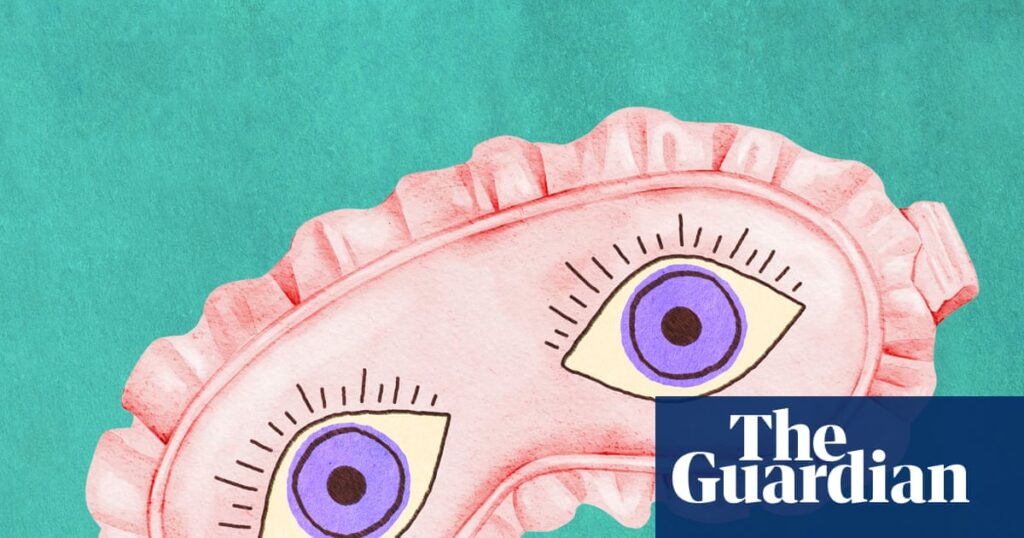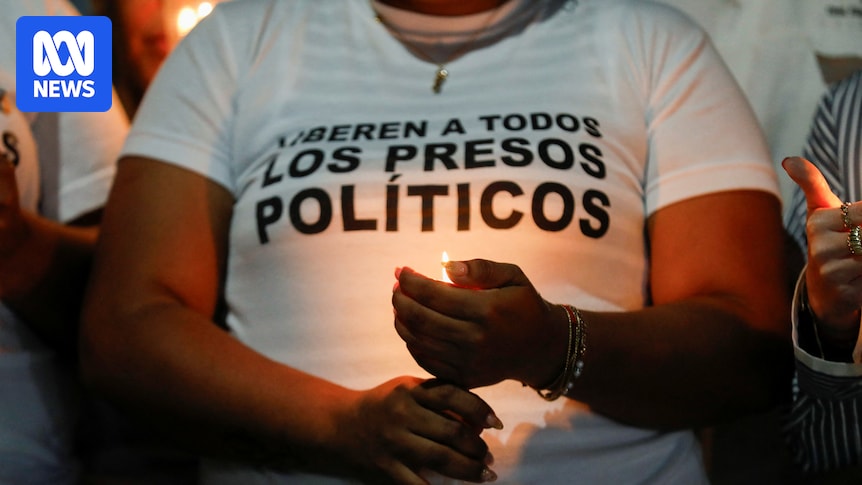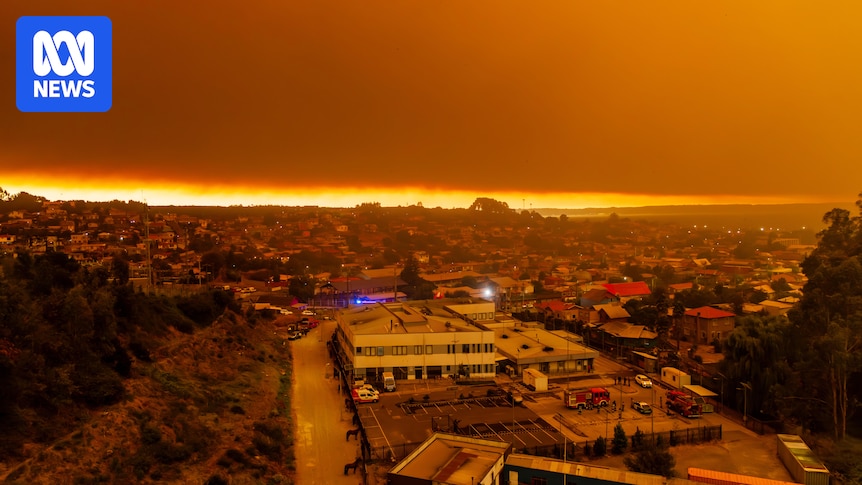
In 2018, Hannah Scott, a sleep researcher at Flinders University, observed a curious case during a sleep study. A woman, connected to equipment measuring brain activity, eye movement, heart rate, and muscle activation, appeared to fall into a deep sleep within 30 minutes. Yet, upon waking, the woman insisted she hadn’t slept at all. This phenomenon, where individuals believe they are awake despite being asleep, is known as sleep state misperception or paradoxical insomnia.
Paradoxical insomnia is a perplexing condition where individuals report insufficient sleep and lack of restfulness, despite sleep studies indicating otherwise. Matthew Reid, a neuroscientist at Johns Hopkins School of Medicine, notes that many insomniacs report minimal sleep, yet laboratory tests reveal they often achieve a normal amount of rest. This discrepancy raises questions about how one’s perception of sleep affects their sense of restfulness.
The Science Behind Paradoxical Insomnia
Paradoxical insomnia, also referred to as subjective insomnia or sleep state misperception, challenges the common understanding of sleep. People with this condition may sleep for typical durations but feel unrested due to their perception of wakefulness. Historically, this condition was first identified in 1959 by French doctors who termed it fausse insomnie, or false insomnia, attributing it to anxiety about sleep.
Research indicates that the total sleep time of insomniacs often differs minimally from that of healthy sleepers. A meta-analysis suggests insomniacs sleep only 23 minutes less per night on average. This raises the question: if sleep duration isn’t the issue, what is?
Who Experiences Paradoxical Insomnia?
While many individuals may occasionally misjudge their sleep, those with paradoxical insomnia frequently perceive wakefulness during sleep stages, particularly during REM sleep. Thomas Andrillon, a cognitive neuroscientist at the Paris Brain Institute, suggests that awareness during sleep may be more intricate than previously understood. His research shows that even when brain activity confirms sleep, individuals may insist they were awake, highlighting a potential altered state of consciousness.
“The fact that they look like they’re sleeping is true only at a superficial level,” Andrillon said. “When you dive a bit more in the details of the brain activity, you see signs of wakefulness that you will typically not see during normal or standard sleep.”
Exploring the Causes of Paradoxical Insomnia
Recent studies, including brain imaging by Andrillon and colleagues, suggest that paradoxical insomnia might not be a mere misperception. Instead, it could indicate an altered state of consciousness where traditional observational techniques fail to capture subtle brain activities. These findings have shifted the terminology towards “subjective-objective sleep discrepancy” (SOSD).
In a study involving over 800 insomniacs, 24% exhibited SOSD, where their waking states were interspersed with sleep signatures, possibly influencing their perception of restfulness. Conversely, insomniacs without SOSD showed wake-like features in their sleep, indicating lower sleep quality.
Potential Solutions and Treatments
Cognitive Behavioral Therapy for Insomnia (CBT-I) is a proven method for improving sleep habits and may benefit those with SOSD as well. Research by Scott and colleagues demonstrated that CBT-I yields positive outcomes for both regular insomnia and SOSD. Additionally, strategies like paradoxical intention, which encourages not striving too hard for sleep, may prove helpful.
Experts caution against excessive worry about achieving perfect sleep, as anxious thoughts can exacerbate SOSD. Andrillon notes that individuals with SOSD often ruminate on daily worries and sleep concerns, suggesting that reducing such thoughts could improve sleep perception.
“We’re going back to it and seeing that it’s actually pretty real,” Andrillon said. “We have just been overlooking this aspect of sleep.”
Looking Ahead: Understanding and Acceptance
Paradoxical insomnia challenges traditional notions of sleep and wakefulness, reminding us of the complexities of human consciousness. As research continues to unravel the nuances of sleep perception, understanding and acceptance of these experiences may lead to more effective treatments and improved quality of life for those affected.
As we delve deeper into the mysteries of sleep, the insights gained from studying paradoxical insomnia could reshape our understanding of rest and consciousness, paving the way for new approaches to treating sleep disorders.





